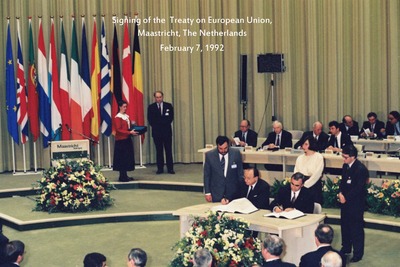1630 Pernambuco Brazil: A Dutch fleet of seventy ships arrived to discover the Portuguese and Spanish were well entrenched. The Dutch moved on to what is now Surinam and Aruba. We had a Surinamese meal in Amsterdam once upon a time. Chinese by another name.
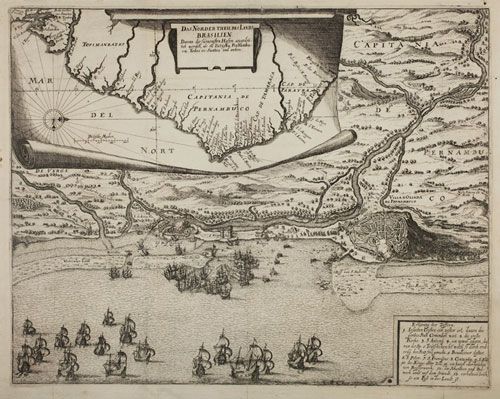
1803 In the case of Marbury v. Madison, Supreme Court Chief Justice John Marshall ruled that Congressional acts that conflict with the Constitution are void. The plaintiff Madison lost, though he was one of the authors of the Constitution. In the judgement Marshall said that it was ‘a government of laws and not men.’ Thus was established judicial review. It has been tested many times since.
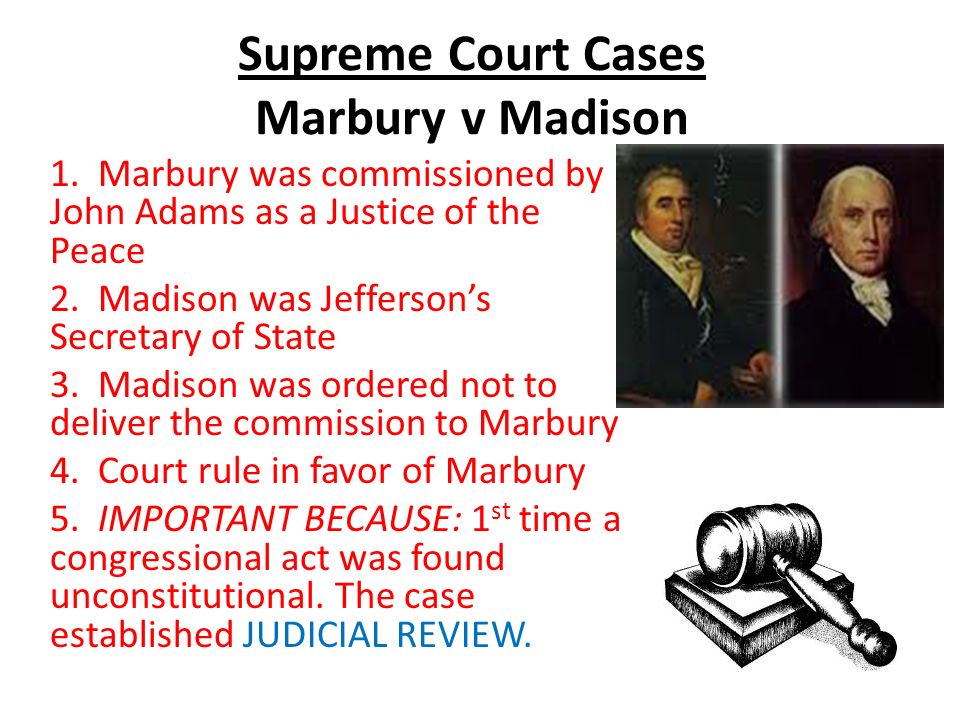
1876 Alexander Graham Bell applied for a US patent for the telephone and got it. He had worked with deaf children for years and got interested in wires and electricity as a way to penetrate deafness. Helen Keller was one of his students.
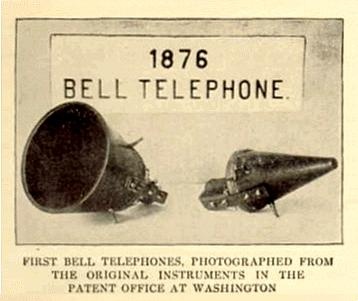
1929 Alexander Fleming forgot to do the dishes and accidentally discovered penicillin. Was he living in a dorm? Many other dates are given in the progress of ascertaining, analysing, and using penicillin.
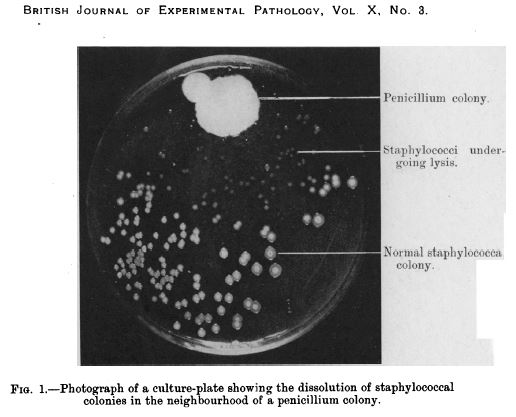
1966 Decimal currency hit the streets of Australia with the Australian decimal dollar. Bye, bye to the Australian pound. Kate remembers this advent well.
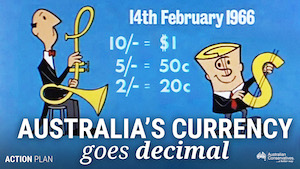
Month: February 2019
13 February
1502 Cadiz (Spain), History: Spain dispatched thirty ships with settlers to the New World. The history of Spanish America is long. Much longer than English or French America.
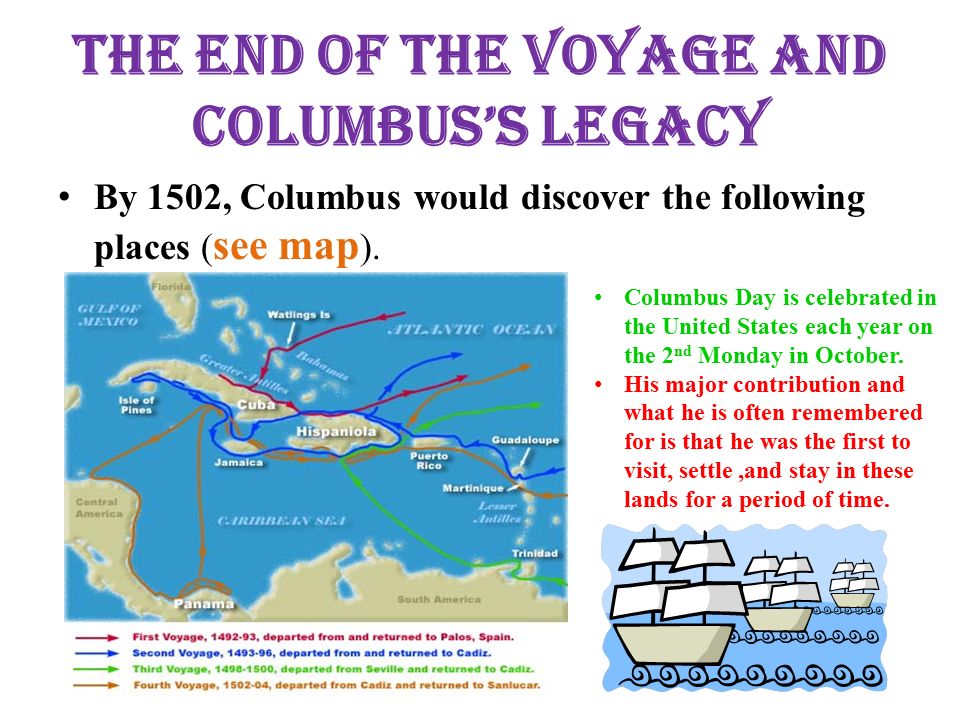
1601 Portsmouth (England), History: The first British East India Company fleet of sixty ships set sail for the East. It had been charted by Queen Elizabeth the year before. It became a law unto itself with its own army and navy.

1914 New York City, Entertainment: the American Society of Composers, Authors, and Publishers (ASCAP) was founded in New York City. The purpose of this organisation was –- and remains –- to protect the copyright and performance rights of the works.

1955 Qumran (Israel), History: Four Dead Sea Scrolls were found. These texts pushed back the history of the Hebrew Bible nearly one thousand years. I saw one of them once in a museum.

1997 Space, Technology: The shuttle Discovery, using the Canadarm, captured the plucky Hubble Space Telescope for repairs.
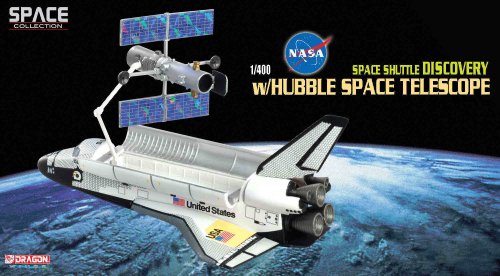
12 February
1908 Pennsylvania, Education: Anna Jeanes bequeathed $1 million to Swarthmore on the condition that it become all female. She was a Quaker whose family had made a fortune in coal. She gave other millions to schools and hospitals, earmarked for Negroes or women. She thought college sports distorted education. To free Swarthmore of sports she proposed ridding it of men.
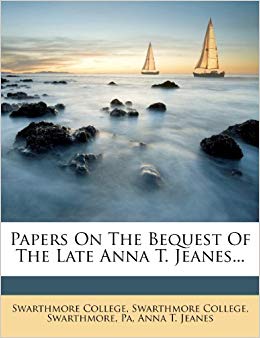
1914 Washington, D.C., History: Construction began on the Lincoln Memorial.
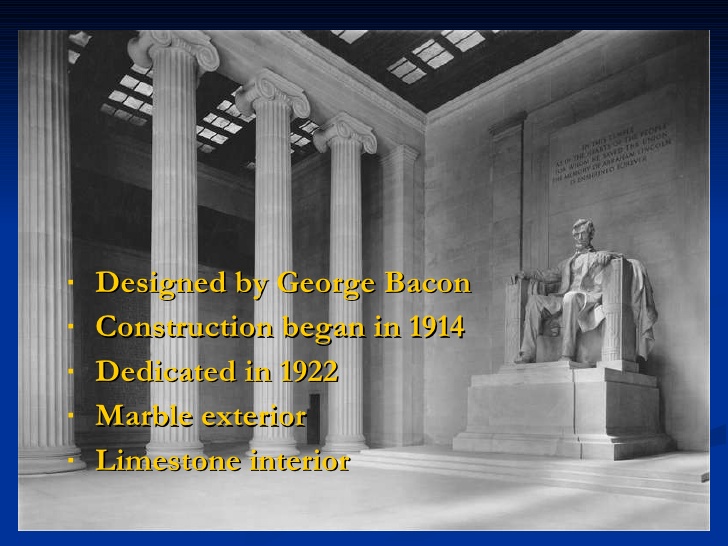
1924 New York City, Music. Paul Whiteman’s band performed George Gershwin’s ‘Rhapsody in Blue’ for the first time to a sold out house. Gershwin played the piano. The crowd and the reviewers had never hear anything like and both swooned.
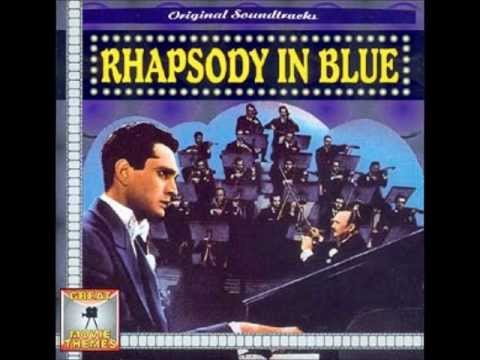
1935 Daventry (England), Technology: Robert Watson-Watt gave a secret demonstration using radio signals to detect aircraft. This effort was so successful that a public demonstration followed in a fortnight. This technology was quickly refined into radar. There is a film which I have not seen about the struggle to get the means to do it.
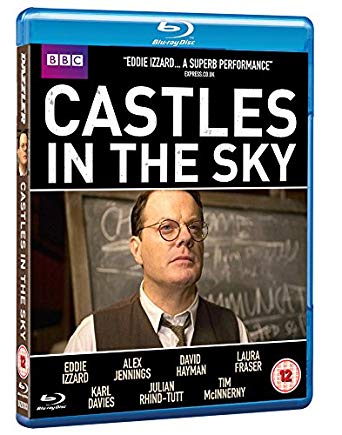
1947 Paris, Fashion: Christian Dior presented his first influential collection called ‘The New Look.’ It contrasted to the Old Look of the war years when fabric was scarce and clothes were drab, rough, boxy, and worn out.
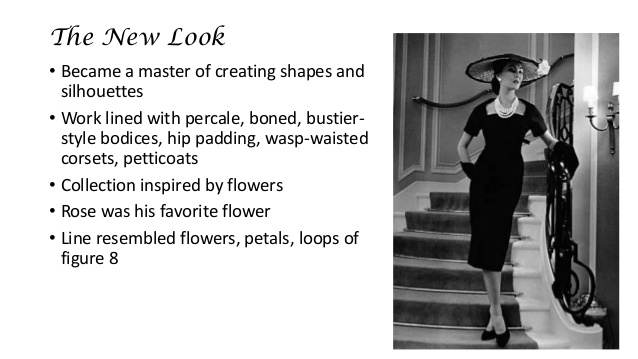
11 February
660 BC This the traditional date for the foundation of Japan by Emperor Jimmu. Long celebrated as National Day. We enjoyed our visit to Japan some years ago:” bullet trains, sumo, noh, and more.
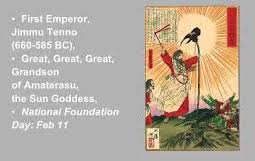
1778 Paris, Literature: Voltaire returned to Paris after twenty-eight years of exile spent in London, Berlin, and Geneva. His vitriolic satire had made him persona non grata to church and state alike in France. He wrote ‘Candide’ in Switzerland.p;
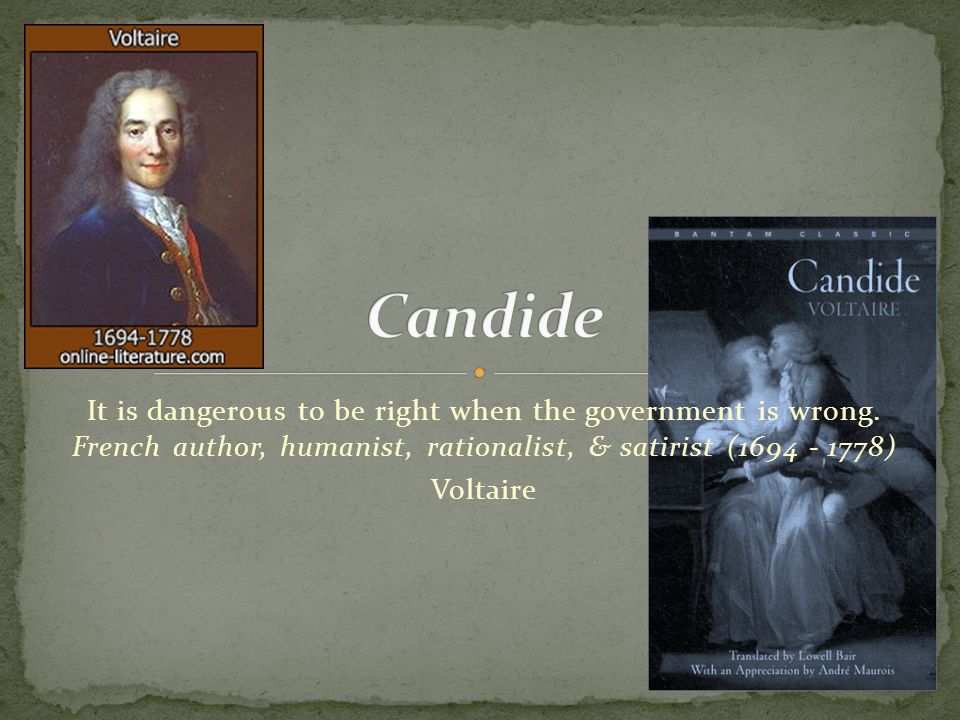
1916 New York City, Feminism: Firebrand Emma Goldman was arrested in New York City for a public lecture on family planning. At the time, federal courts interpreted the obscenity act as prohibiting distribution of information about contraception.
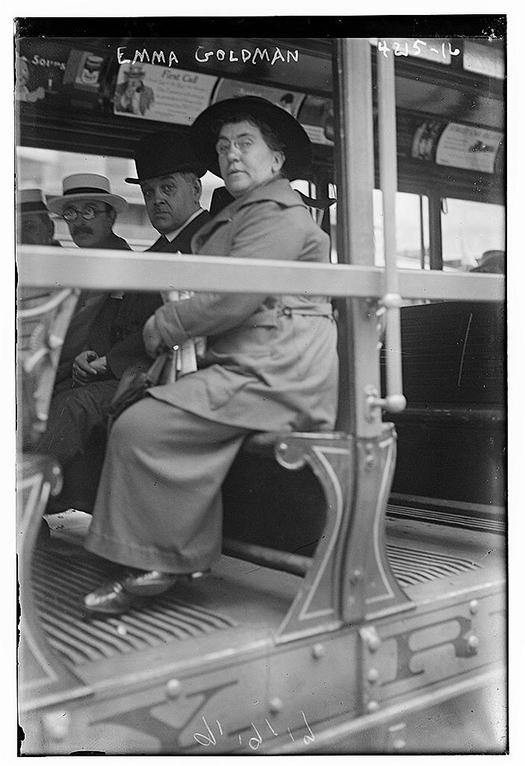
1963 Julia Child’s cooking show “The French Chef” airs on television. We saw ‘Julie & Julia’ (2009) and liked it. The image below shows what the camera did not, namely, the concentration Julia Child had.
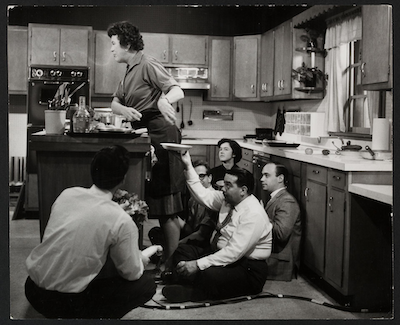
1990 Nelson Mandela walked free after twenty-seven years in jail. The saint that he is.
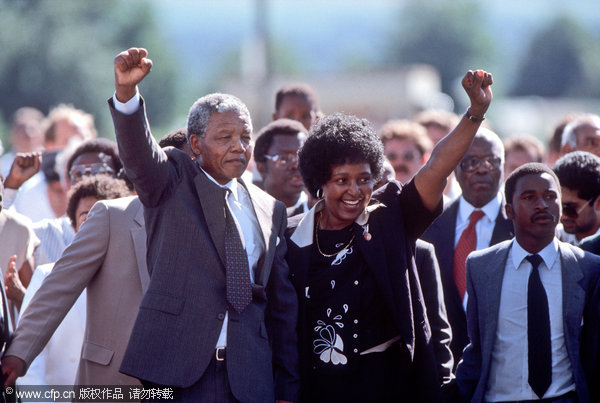
10 February
60 Malta, History: According to legend the apostle Paul was shipwrecked on Malta.
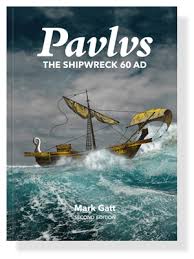
1635 Paris, Knowledge: Cardinal Richelieu established the The Académie française to purse and to spread knowledge. This churchman did not fear science.

1939 Miami, Popular Culture: John Ford’s ‘Stagecoach’ premiered. When the Ringo Kid poured himself through the window of the moving stagecoach it was the birth of a legend. After years of obscurity in Hollywood John Wayne became a star. The film also started John Ford’s commitment to the Western as the genre he made his own. Together Ford and Wayne came to ‘The Searchers’ (1956).
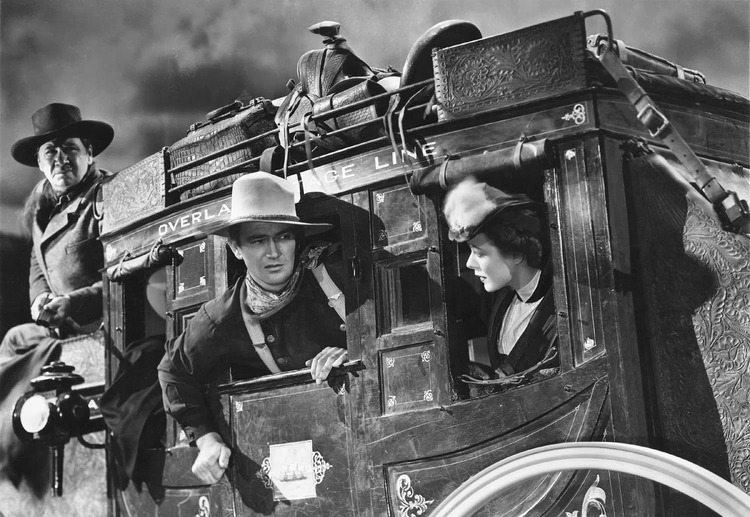
1949 New York City, Drama: Arthur Miller’s play ‘Death of Salesman’ opened and Willy Loman is still running some where, some how. I have seen it on the boards a couple of times and also some film versions.
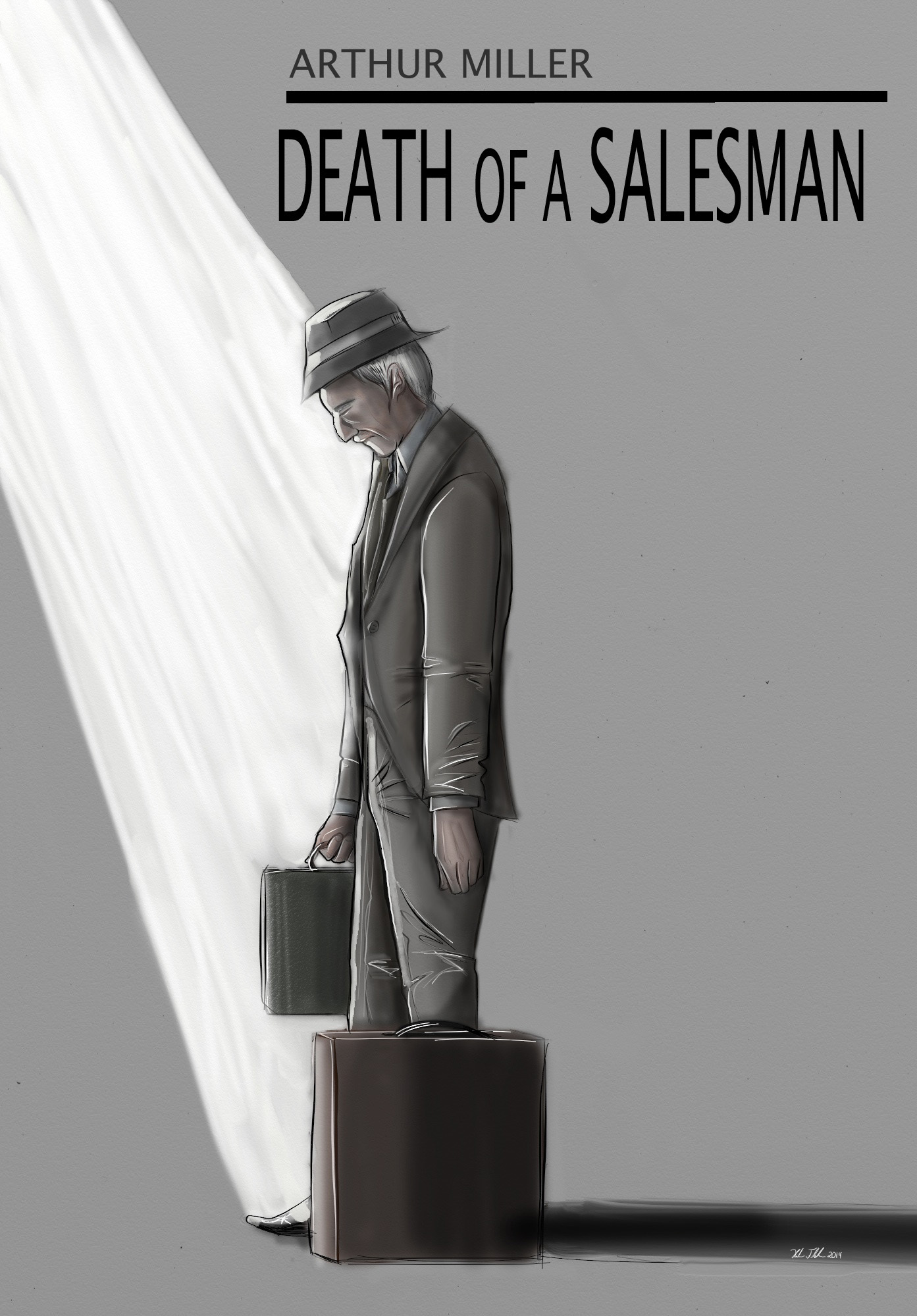
1996 Philadelphia, Technology: The unbeatable Garry Kasparov lost to Deep Blue, an IBM computer. Kaparov had beaten many computers since the 1980s. He has also beaten all human comers, too.

9 February
1825 The House of Representatives elected John Quincy Adams president, though Andrew Jackson had more popular votes. Those who opposed Jackson combined to support Adams, who was no one’s first choice. A biography of Adams is discussed elsewhere on this blog. He did good work after he left the presidency.
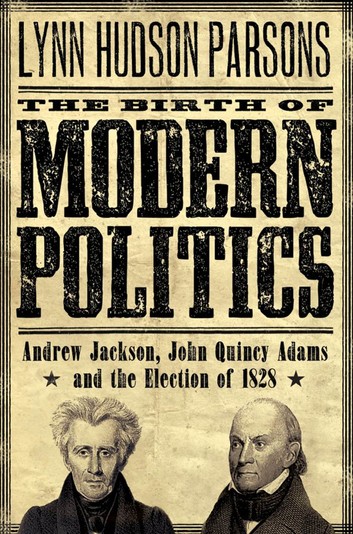
1870 Louis Riel became the head of the Métis provisional government, which then negotiated Manitoba’s entry into Canadian Confederation with the federal government. Riel had led a rebellion against the British uniting, briefly, Indians and French settlers west of Ontario in 1869-1870 and again in 1885 in Saskatchewan. In the latter instance he was hanged. He remains a polarising figure in Canadian history.
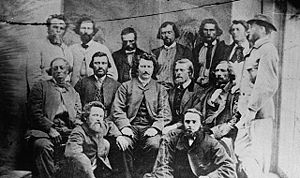
1900 Dwight Davis of St Louis established the Davis Cup for international tennis competition. He thought such competition would improve the game and the players.

1960 The Hollywood Walk of Fame was inaugurated and the first star placed was for Joanne Woodward. A good choice.
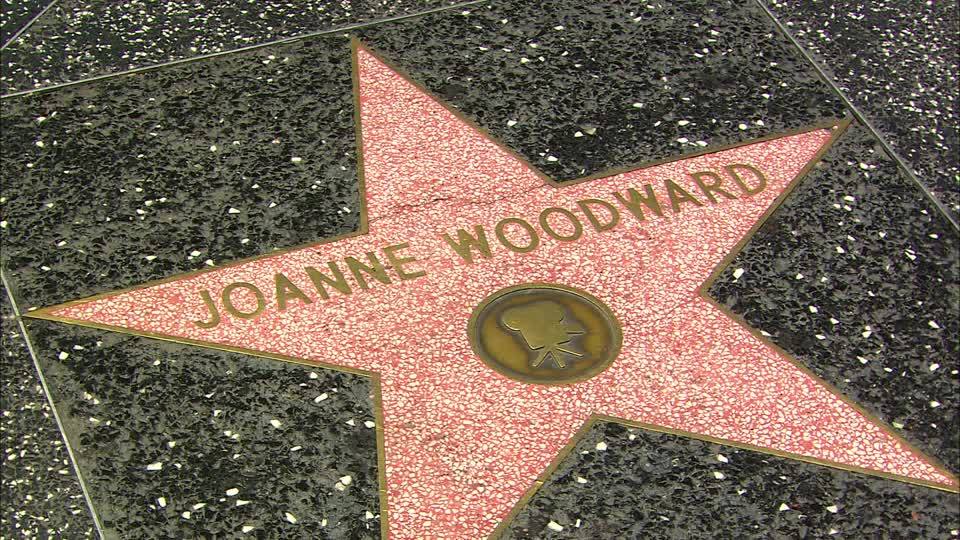
1971 Satchel Paige entered the Baseball Hall of Fame after five decades of strike outs. The Jolter said Paige was the best pitcher he had ever faced. At the time Paige was forty-two and Joe twenty-five, but the latter’s reflexes were no match for the former’s fast ball even at that age. Segregation kept out of baseball until 1948. I saw this Houdini of the horsehide pitch once.
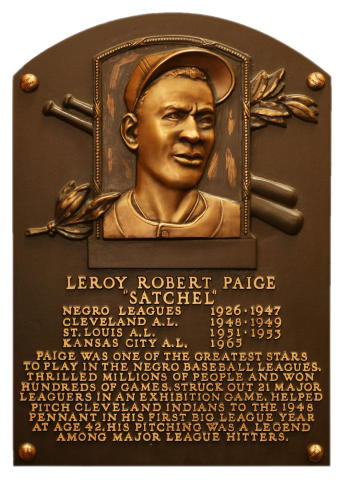
8 February
1575 The Netherlands, Education: The University of Leiden was founded. I was affiliated it with while a visitor at the Netherlands Institute for Advanced Studies.
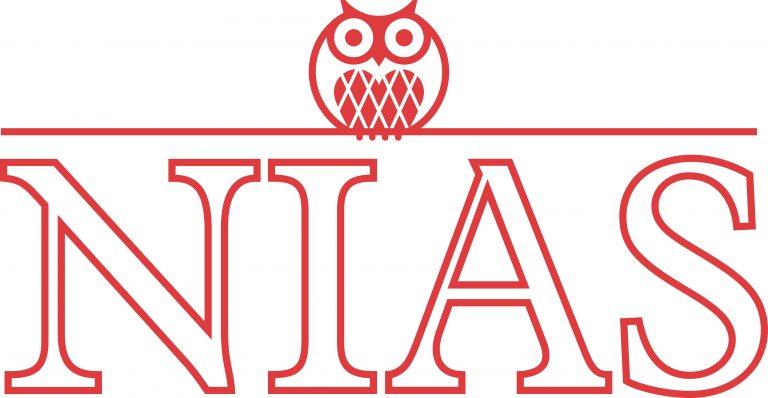
1879 Ottawa, Science: At a meeting of the Royal Canadian Institute, Sanford Fleming proposed to divide the world into twenty-four time zones, representing the hours of the day, taking Greenwich Observatory in England as the zero point, or prime meridian since it was well known to mariners as that. He was a railway engineer who wanted to schedule railway track use and avoid collisions by using a standard time across the continent.
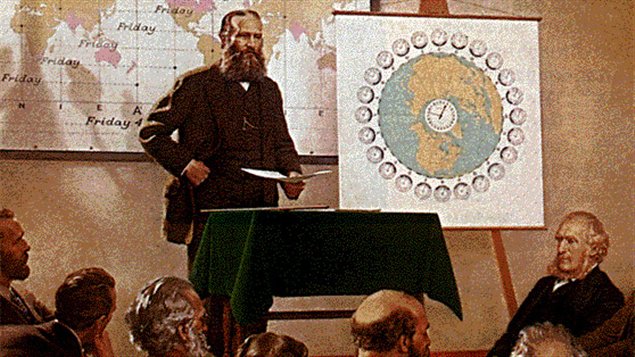
1895 Russia, Music: Tchaikovsky’s revival of ‘Swan Lake’ was presented in St Petersburg. Seen it a few times, once in St Petersburg, and seen its echoes in many other works, including the popular culture. Dancers maybe bored with it but audiences never are.
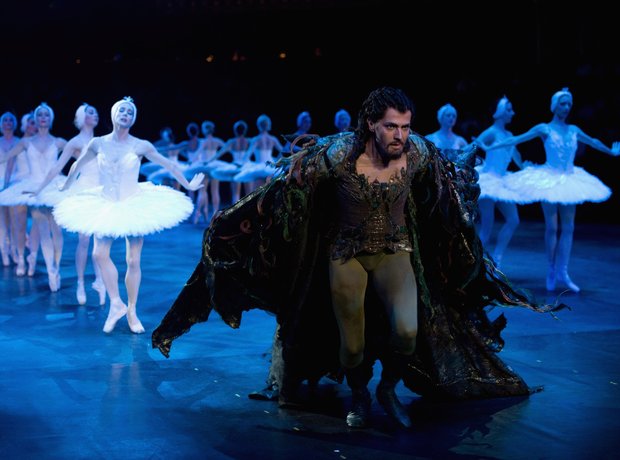
1922 Washington, D.C., Technology: President Warren Harding had a radio installed in the White House. Was he ever sober enough to listen? Not likely. Within a decade Franklin Roosevelt mastered the use of radio to communicate with the fireside chats.
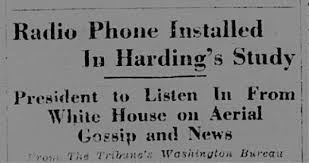
1984 Russia, Space: Soyuz T-10 launched with crew of three to Salyut 7. The Russian film about a later mission to regain control the satellite is called ‘Salyut 7,’ available from Amazon Prime and it is a corker. It is discussed elsewhere on this blog.
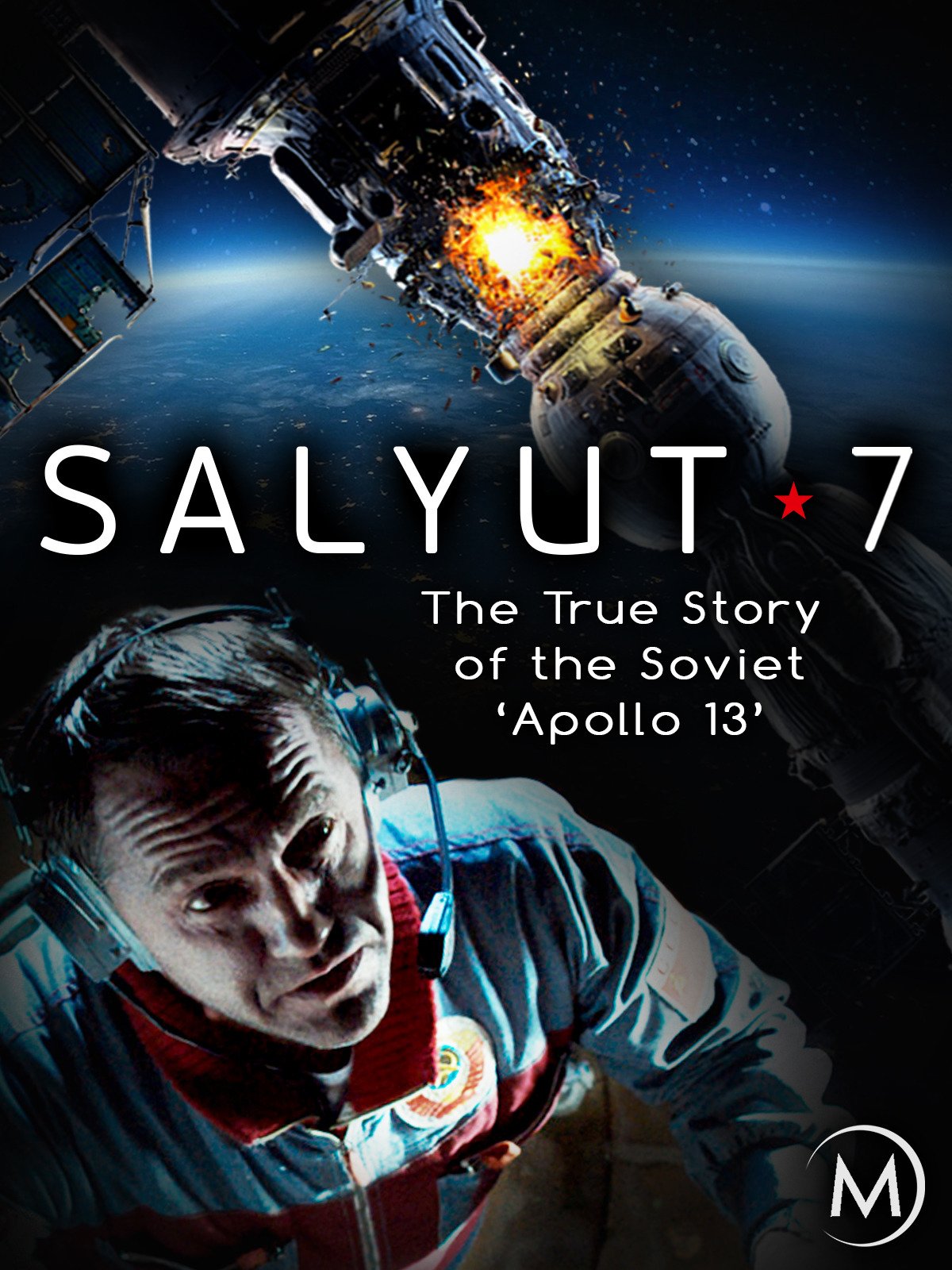
7 February
1238 Russia, History: Mongols occupied Vladimir near Moscow. Vladimir had been the seat of Russian Tsars like the Ivans. The Mongols were keen on acquiring real estate. Strangely enough we have been there. In a monastery there the German officers captured at Stalingrad were interrogated and incarcerated.
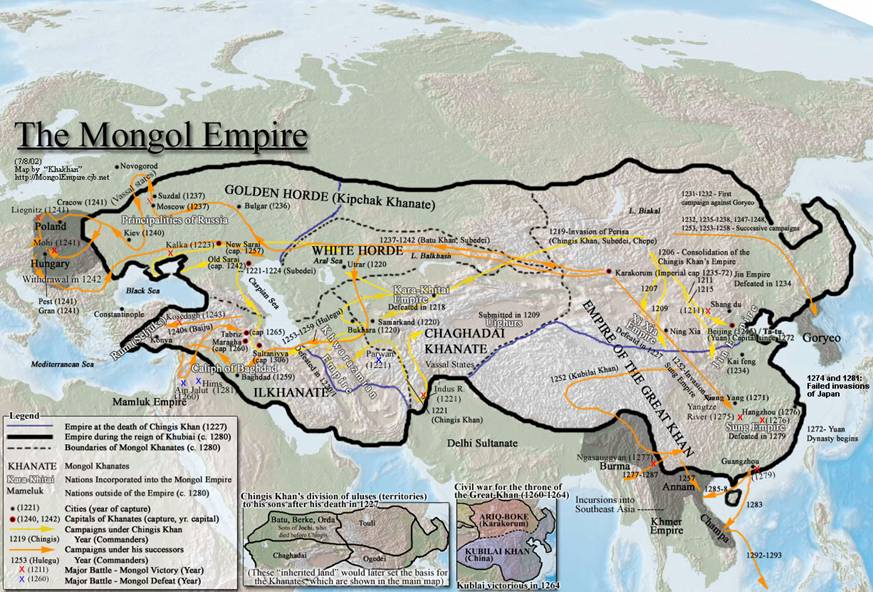
1839 Washington, D.C., Politics: Henry Clay said ‘I’d rather be right than president’ in the well of the Senate. Nonetheless he remained a perennial candidate. He made the remark during negotiations to prevent regional conflict over slavery. His willingness to negotiate and compromise irked many. He was known as ‘The Great Compromiser’ for his continued efforts to broker peaceful relations among the states. He was right and he never became president. The firebrands who preferred war to talk got their way in 1861.
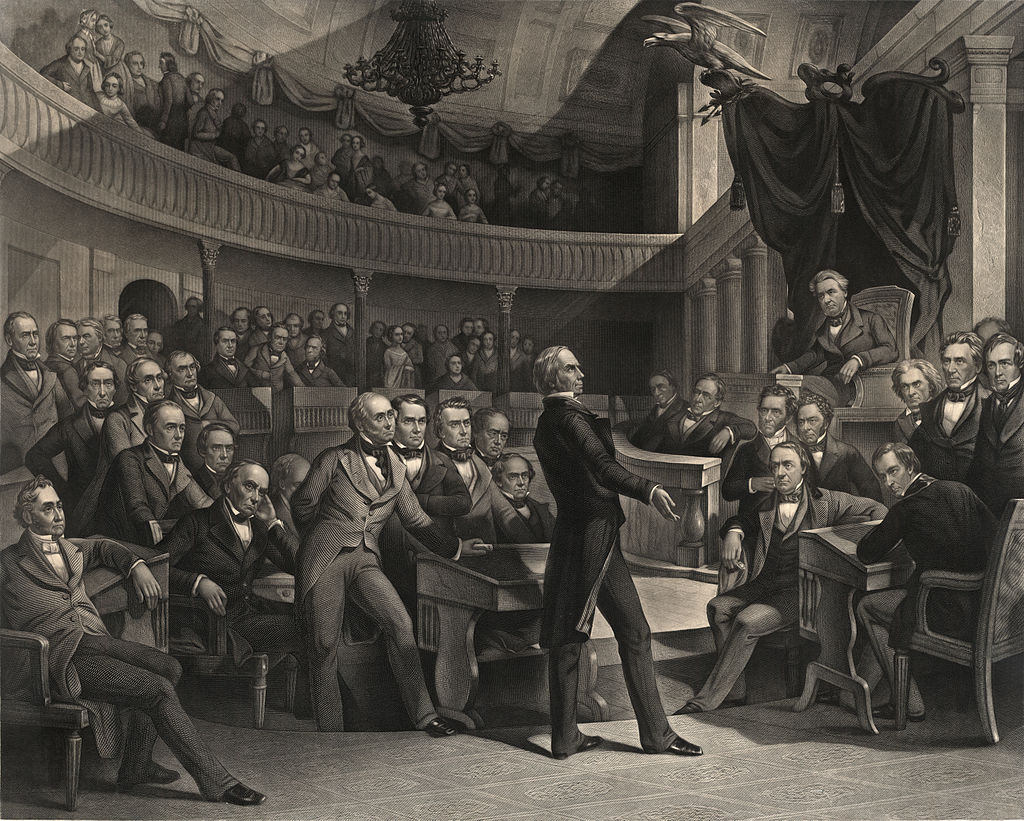
1928 London, Transportation: Making the first solo flight from England to Australia, Bert Hinkler took off from Corydon and landed sixteen days later in Darwin, going on from there to his home town of Bundaberg.
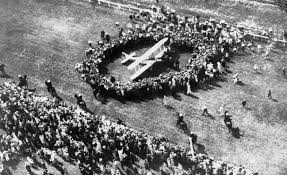
1990 Moscow, Politics: With nary a gunshot, the Central Committee of the Communist Party of the Union of Soviet Socialist Republics endorsed a resolution that read in part that the Party should make ‘no claim for any particular role encoded in the Constitution’ which was in the process of extensive revision thanks to first Secretary Mikhail Gorbachev. The meeting lasted three days and was acrimonious and stormy, to say the least. The change was so quick and sweeping that it took the world by surprise. As usual the journalists were caught napping in hotel bars.

1992 The Netherlands, Politics: Members of the European Union, after centuries of bloody conflicts that engulfed the world, signed the Maastricht Treaty. I spent a day in Maastricht once at the European Institute for Administration. Unlike everywhere else in the Netherlands, Masstricht is not pancake flat. In its end-of-year visual summary in 1992 the ABC ignored this event in favour of a bus crash in India. Such is the news judgement of those sanctimonious keepers of the faith.
